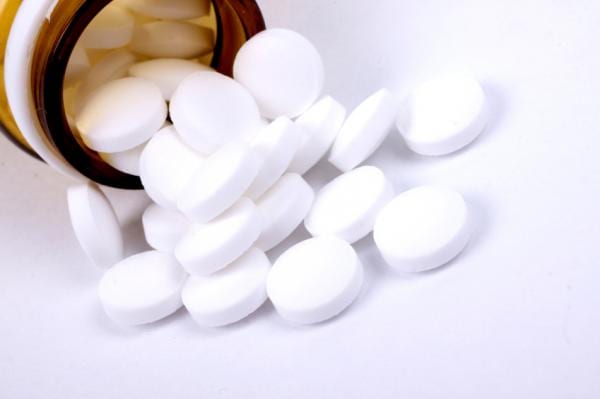Most of us have been prescribed antibiotics to help treat a bacterial infection.
But if you do not follow the recommendations of your doctor or pharmacist on how you should take antibiotics, without realizing it, you may be complicating the issue.
Here are some of the most common and potentially serious mistakes that people make when taking antibiotics.
1. Use antibiotics to treat a viral infection
Many infections do not need to be treated with antibiotics.
Antibiotics should be used to treat infections caused by bacteria, such as cystitis, never for viral infections, such as common colds or flu.
2. You stop taking them as soon as you feel better
The doctor gives you a treatment of 7 to 10 days. But you begin to feel better within a few days of starting to take the medication, and you stop taking it.
This is one of the worst things you can do when you are trying to fight a bacterial infection.
You may feel better, but your body is still fighting infection. During the first few days the antibiotics have reduced the bacterial load that has caused the infection, and that’s why you feel better. but it has not eliminated it completely.
To effectively eliminate the bacteria that causes infections, you must end the treatment.
When you stop taking an antibiotic ahead of time, the infection may come back and you may even need to repeat the whole treatment.
This misuse of medications is also key to bacteria to become resistant to antibiotics.
3. You stop taking them because they cause nausea
Nausea is one of the most common side effects when taking antibiotics.
The first thing is to make sure you are taking the medication correctly.
It may be better to take the medication with or without food, avoid dairy products or add to probiotic to help relieve some of the stomach nausea.
4. You store them for the next time
This is a bad idea for several reasons.
First because it means that you have stopped antibiotics before finishing the treatment.
Second, because you could self-medicate in the future. Deciding whether or not you need an antibiotic is something a doctor should do.
Taking an antibiotic when it is not needed or taking one that is not right helps create antibiotic-resistant bacteria.
5. Share antibiotics
Antibiotics can have different effects on each person.
In addition, antibiotics can cause allergic reactions that could be serious or fatal.














